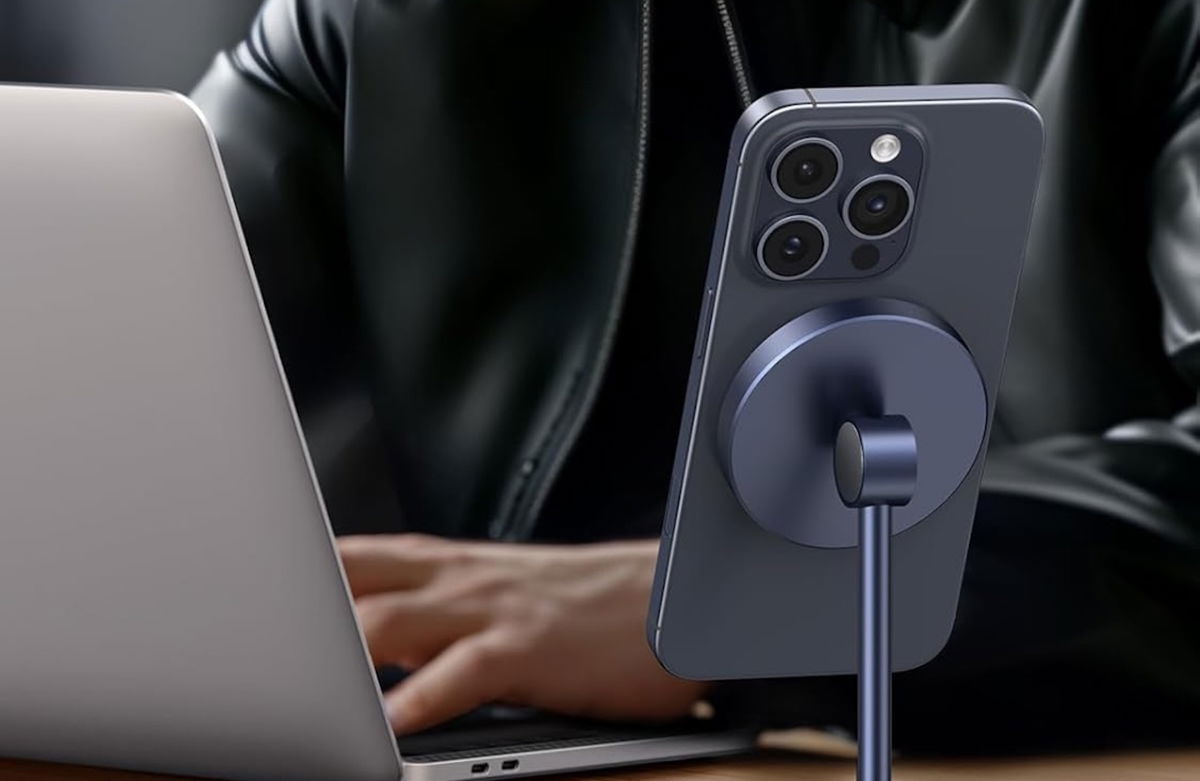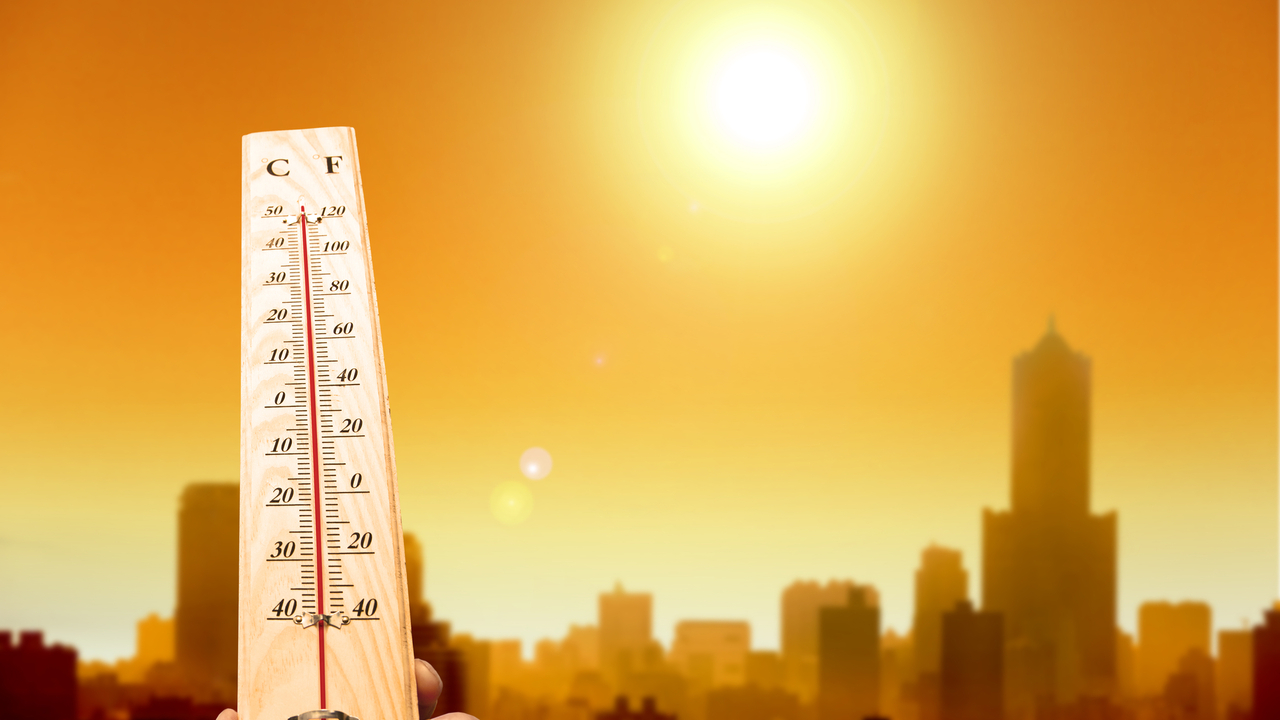Heat-related illness expert Susan Yeargin explains what everyone needs to know before heading out in hot weather and how to stay safe.
If you’re going for a run in warm weather or walking or cycling to work, the time of day matters. The risk of unpleasant consequences is lowest for early risers: then the sun is not so hot and the air temperature is lower.
Whether you’re running or mowing the lawn, remember that your body also produces internal heat when you’re active. When it is hot, the heat flow increases even more. The more someone runs or bikes, the more heat they produce.
It takes about two weeks for the average person to fully acclimate to warmer temperatures. As a result, the sweating rate increases, allowing for more active heat dissipation. Plasma volume increases so more blood is pumped through your body, meaning your heart won’t have to work as hard. Because your cardiovascular system works more efficiently, your body doesn’t get as hot. You also retain salt a little better, which helps retain water in your body.
But even if you’re used to 80-degree (Fahrenheit) weather, you may not be prepared for 95-degree (Fahrenheit) heat.
Since the cardiovascular system in the elderly is not as flexible and strong as it used to be, it does not work as efficiently as before and sweating mechanisms are impaired. Therefore, there is a higher risk of experiencing heat exhaustion or heat stroke.
Choose the time of day to be active wisely. Exercise, garden, and do other outdoor activities early in the morning or late in the evening. When the sun is shining outside, look for shady places.
Drink water. Hydration maintains a larger volume of plasma, which helps the heart work less and reduces the overall risk of heat illness. Your brain and muscles are also made of water.
Listen to your body. If you feel unwell, hot, or can’t push yourself any further, stay home or take a break.
Choose your clothes wisely. Wear light colored clothes. Short-sleeved shirts and shorts are also suitable.
Remember that helmets and sports equipment keep you warm. Therefore, comply with the safety regulations. Take breaks from hydration and stay at cooling stations.
Have a good sleep. If you can sleep under air conditioning and get a good night’s sleep, this will reduce the chances of getting heat illnesses.
News materials cannot be equated with a doctor’s prescription. Consult an expert before making a decision.
Source: Ferra
I am a professional journalist and content creator with extensive experience writing for news websites. I currently work as an author at Gadget Onus, where I specialize in covering hot news topics. My written pieces have been published on some of the biggest media outlets around the world, including The Guardian and BBC News.










